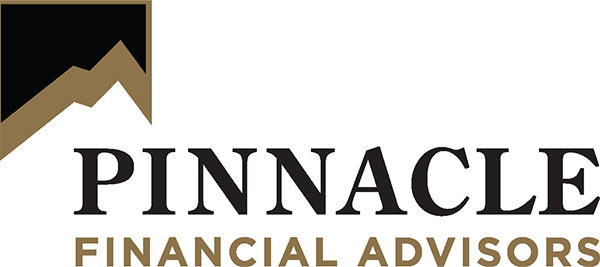
As a small business owner, you are on your own for your retirement planning. And, if you have employees, you may feel responsible for helping them plan for a successful retirement.
Easier said than done, right? According to a recent BMO Wealth Management survey of 400 small business owners, only a fraction of America’s entrepreneurs are prepared for retirement. A striking 75% of survey respondents age 18 to 64 have saved less than $100,000 for retirement. Those age 45 to 64 are only marginally more prepared: 32% have over $100,000 in retirement accounts and only 11% have more than $500,000.

Why don’t more small business owners save for retirement?
.
Most small business owners would give you the same answer, “the business is their retirement plan,” says David Deeds, the Schulze Professor of Entrepreneurship at the University of St. Thomas in Minneapolis. “The plan is that when they retire, they are either going to transfer the business to a family member in exchange for a share of future wealth or a buyout or they are going to sell it off and turn that into cash.”
There could be a plethora of reasons why entrepreneurs aren’t saving much, each reason as unique as the individual business owner. For small business owners, it’s not that they don’t want to save for retirement outside of their businesses; their top priority is often to reinvest earnings back into the business to keep it growing. Some rarely pay themselves a big salary, if any at all! Another reason for the deficiency in retirement savings could be that many businesses are considerably modest. When asked the estimated value of their business if it were sold today, 55% of business owners guessed less than $500,000, and less than 15% considered their businesses were worth more than $1 million.
Retirement Savings Tips for Small Business Owners
Here are a few easy but essential ways small business owners can ramp up their savings for retirement:
1. Develop an Exit Strategy. You might think it strange that developing a business exit strategy would be one of your first steps when planning for retirement. But think about it this way: The small business you spend your life building might become your largest asset. At some point, you will have to actually stop working and liquidate your investment in your business to be able to fund your retirement.
2. Evaluate your Numbers. You don’t have to be an accountant to understand the basic math it takes to make a budget. To make it simple, ask yourself this: How much will I need to live on in retirement, especially when the business isn’t covering some of my expenses? Just getting a sense of what your living costs might be when you quit working could give you the fire to start saving more aggressively for retirement.
3. Get Some Help. Consider hiring a financial advisor to jump start your retirement plan and help you focus. As a business owner, you have a lot of options to consider. A financial professional can steer you into a direction that makes sense for your situation.
4. Start a diversified retirement plan. You don’t have to throw a gob of money into it, but the funds will help trim your tax bill now and grow tax-deferred until you make withdrawals in retirement. It is important to research some of the options available for using your small business to fund your retirement. SEE OUR ARTICLE on the seven most popular plan types.
The Bottom Line
More than a third of small business owners surveyed in 2014 said they didn’t want to retire, a quarter said they don’t plan to retire, more than a third said they plan to divide their retirement time between work and leisure, and more than half said they would find it hard to completely retire. Even if you’re among the many small business owners who plan to keep working, establishing a retirement plan for your small business is a good idea because it gives you options – and having options means you’ll feel more satisfied with whatever path you choose.
If you want to run your business until the day you die, there’s nothing wrong with that, but you should do it because you want to, not because you’re financially obligate to do so.
